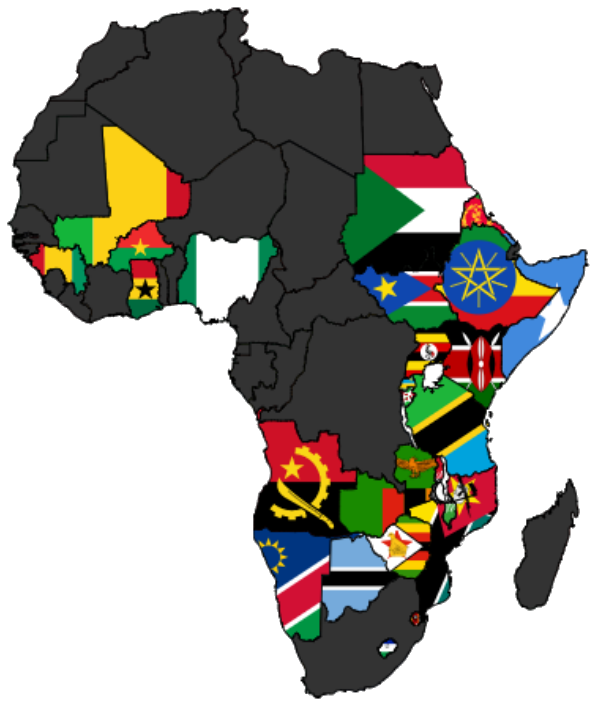What is 5G?
5G is an upgrade of 4G technology with three main advantages. It can move more data faster than 4G, it is more responsive (quicker) and it can connect more devices at one time. But, it also requires a technological upgrade. Towns and cities will have to put up a greater number of small cellular units, known as short-range transmitters, which have smaller areas of geographic coverage than existing networks.
Because the transmitters are smaller, more are required. However, these new transmitters are more energy-efficient, and many of them will be built to integrate with the natural environment. Mobile phones will also need to be upgraded to connect to this new system of data transfer. At its heart, 5G technology is part of the “fourth industrial revolution,” one that is fusing the biological, digital and physical worlds.
What are the advantages?
The commonly cited benefits for consumers in western countries are faster connections. People can stand in the middle of the city and stream 4K videos on their phones with no interference. But, the benefits are more profound for many businesses and developing countries.
For business, fully developed networks will produce more reliable and lower cost data services, allowing higher rates of productivity and the potential for increased automation. For example, farmers could monitor smart self-driving tractors from a distance. However, many of the services are still to be developed and unforeseeable in the current era of the internet.
It is likely that 5G will be a platform for many of the next “Unicorn” companies, such as Uber or Snapchat, which are thriving in a 4G market. Furthermore, 5G could help improve industries that would benefit from greater integration of data. Healthcare, for example, could be streamlined by sharing patient data to help speed up diagnoses, which could be life-saving in areas with fewer doctors and longer wait times.
More holistically, the ability of 5G technologies to integrate systems and transmit data simultaneously could drive sustainability in all industries. For example, smart buildings can greatly reduce energy waste by as much as 70 percent in modern buildings by using sensors to switch off lights and heating when no one is inside a room. Due to increases in urbanization in developing countries, making sustainable buildings is an important strategy to manage the demand on energy sources and reduce the consequent pollution.
5G in Africa
A report published in February 2019 outlined the projected growth for 5G in Africa. Currently, there are around 50 million subscriptions to LTE (‘long term evolution’’ or 4G) in sub-Saharan Africa. But, given the growth in relatively young populations and the fast-growing economies, this number was predicted to grow by 47 percent between 2017 and 2023 when an estimated 310 million will have subscribed. The rapid development currently taking place in many parts of Africa is expected to push providers to invest in upgrading networks with the goal of connecting rural users high on the agenda.
High-tech businesses have already breached into regions of Africa and the developing world since the advantages are as plain as the challenges. South Africa’s new data-only network “Rain” launched the continent’s first 5G mobile network in limited regions in 2017. In partnership with Huawei, Rain is expecting to be available by mid-2019 to be ready for when 5G devices become available at the end of the year. This will help combat South Africa’s notoriously high data costs.
Find out more: https://www.borgenmagazine.com/how-5g-in-africa-could-shape-growth/
Source: Borgen Magazine




